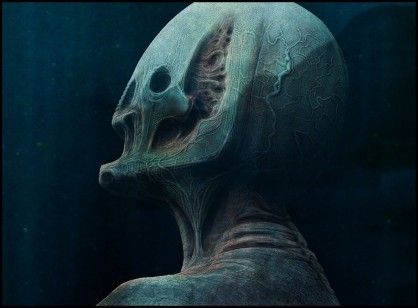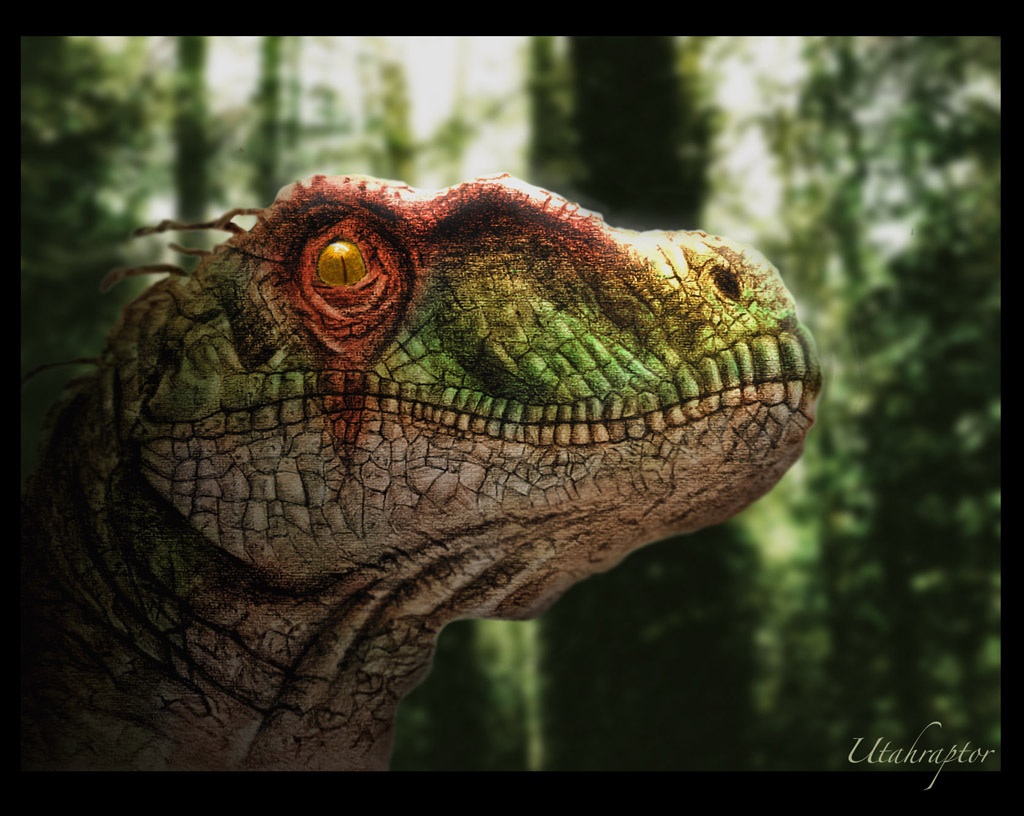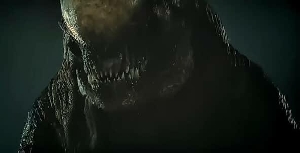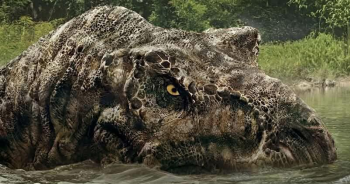What caused the extinction of the North American Sauropods
Dinosaurs Forum Topic

futurepaleontologist1
MemberCompsognathusJul 3, 20132604 Views16 RepliesThe sauropods. They were first discovered in Colorado, but they were the first to disappear in Colorado. By the late Cretaceous, all North American Sauropods had vanished. Why? Tell me and state your evidence!
Pity is for the living. Envy is for the dead.
-Mark Twain
x_paden_xJuly 04, 2013
CARROTS!!!!!!!
(that is all)
Life cannot be contained, it breaks walls, crashes through barriers sometimes painfully, but uh... Life uh, finds a way

shambsJuly 04, 2013
Maybe they were defeated by the Ornithopods and Ceratopsians in this endless competition called evolution.

DeltadromeusJuly 04, 2013
As shambhala said, the sauropods where out competed by hadrosaurs, and just moved south, were they died by the hands of the huge allosaurs, who seem very good at killing sauropods. But the early Cretaceous was a decent time for sauropods in North America, the Iguanadons and hadrosaurus were still starting out, so not much to compete with.
Hi

DeltadromeusJuly 04, 2013
Oh, and I forgot, carrots are too delicious and good to kill of something a amazing as the sauropods. Don't blame the vegetable!
Hi

Rex Fan 684July 04, 2013
There are two other things that had played a part in the extinction. First, the formation of the Western Interior Seaway. This cut N. America in two. This would cause the environment to change. It also provided less space for the giant sauropods. Smaller ornithopods and ceratopsians had no trouble adapting, but the giant sauropods did. The other thing was new plant, flowers in particular. Perhaps the sauropods could not digest these, but the new herbivores could. Remember, the sauropods did reappear in the Late Cretaceous. This is represented by Alamosaurus. Perhaps the Isthmus of Panama had something to do with it. Or the fact that the Western Interior Seaway withdrew. There are a lot of factors that played a part in their extinction and eventual return.
"Men like me don't start the wars. We just die in them. We've always died in them, and we always will. We don't expect any praise for it, no parades. No one knows our names."
―Alpha-98

DeltadromeusJuly 04, 2013
Rex Fan, you have to remember that in Mongolia, there where still sauropods, so this is only for North America. And also, how did so many large sauropods arrive in Argentina at the start of the Creatacious? And one more thing, the oxygen and heat content was lower in the Cretaceous than in the Jurassic.
Hi

Rex Fan 684July 04, 2013
I said nothing about Mongolia, but ok. Perhaps the giants of S. America had some connection to the ones in Africa. The dinosaurs of S. America and Africa have a lot in common. Carchar and Giga. Argen and Para. Spino and Oxa. Etc.
"Men like me don't start the wars. We just die in them. We've always died in them, and we always will. We don't expect any praise for it, no parades. No one knows our names."
―Alpha-98

Makaveli7July 04, 2013
Less food in the north once the Hadrosaurs, Ceratopsians and Pachycephalosaurs evolved so they moved south and got eaten by Carcharodontosaurid.
Future Team Raptor member

Rex Fan 684July 04, 2013
I don't know about the whole getting eaten thing in the south. Giant sauropods were nothing new really. I doubt a bunch of predators, no matter how big, could wipe out an entire race of dinosaurs. Keep in mind that the prey always outnumbers the predator. Besides, this post is about the sauropods going extinct in N. America, not the south.
"Men like me don't start the wars. We just die in them. We've always died in them, and we always will. We don't expect any praise for it, no parades. No one knows our names."
―Alpha-98

DeltadromeusJuly 04, 2013
Yes, but this brings up the question, why did they go extinct in the south, I'm talking to you futurepaleontologist1
Hi

futurepaleontologist1July 04, 2013
The southern hemispehere was increadibly geologically active in the late Cretaceous period. The plants couldn't get as big anymore, or maybe they just adapted a different way in the southern Hemisphere because of the poor oxygen content. No matter though, because smaller dinosaurs could out compete giant sauropods, or maybe the sauropods couldn't digest the new plants. Either way, that's probably what caused it Deltadromeus15
Pity is for the living. Envy is for the dead.
-Mark Twain

Rex Fan 684July 04, 2013
The sauropods were still around in S. America at the end of the Cretaceous. Were they giants, no, were they there, yes. Saltosaurus lived about 70-80 mya. It was only about 40 ft long and 7 tons though. They were there, but no longer the dominant herbivores. The south over seemed to stay more "primitive" than the north. The south's most advanced theropods were the allosaurs/carcharodontosaurs. The north had the dromeasaurs and tyrannosaurs. The south had sauropods and iguanodonts. The north had hadrosaurs and ceratopsians. The south was unique of course. But perhaps the overall "primitiveness" played a part in the downfall of so many species. Just a thought.
"Men like me don't start the wars. We just die in them. We've always died in them, and we always will. We don't expect any praise for it, no parades. No one knows our names."
―Alpha-98

futurepaleontologist1July 04, 2013
Again, a valid point Rex fan. It can go along with geological activity though.
Pity is for the living. Envy is for the dead.
-Mark Twain

Rex Fan 684July 04, 2013
That's a big factor too. Volcanic activity is included in that and that can have big changes as well.
"Men like me don't start the wars. We just die in them. We've always died in them, and we always will. We don't expect any praise for it, no parades. No one knows our names."
―Alpha-98

futurepaleontologist1July 04, 2013
Alright. Back on track here. The North American sauropods. Why did they go extinct and eventually return?
Pity is for the living. Envy is for the dead.
-Mark Twain

Rex Fan 684July 04, 2013
I already stated why I think they went extinct. As for their return, perhaps the Western Interior Seaway's withdrawal had something to do with it. Or the formation of the Isthmus of Panama.
"Men like me don't start the wars. We just die in them. We've always died in them, and we always will. We don't expect any praise for it, no parades. No one knows our names."
―Alpha-98
Are you an avid Jurassic World fan looking for a dedicated online community of likeminded fans? Look no further! Create your own profile today and take part in our forums and gain XP points for all the content you post!











